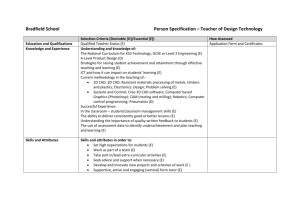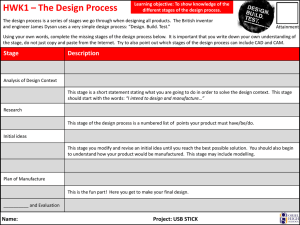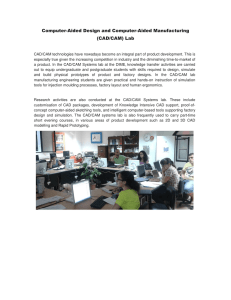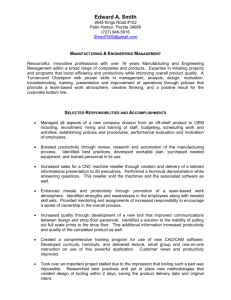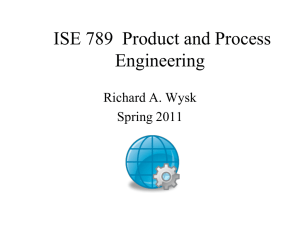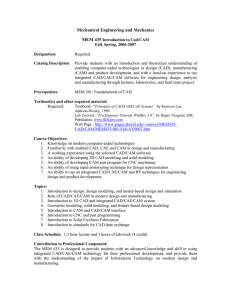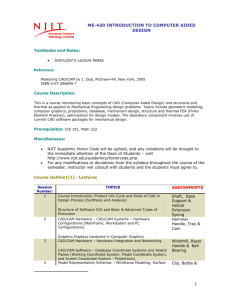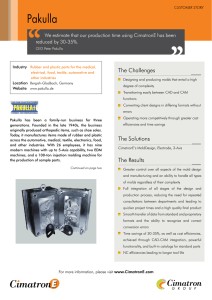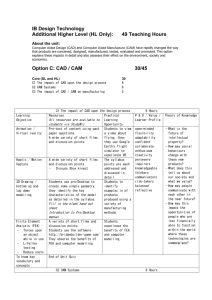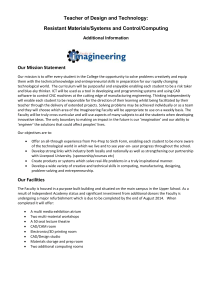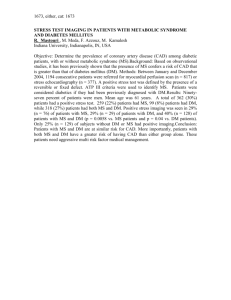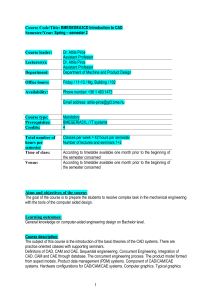BSc COURSE OFFER
advertisement
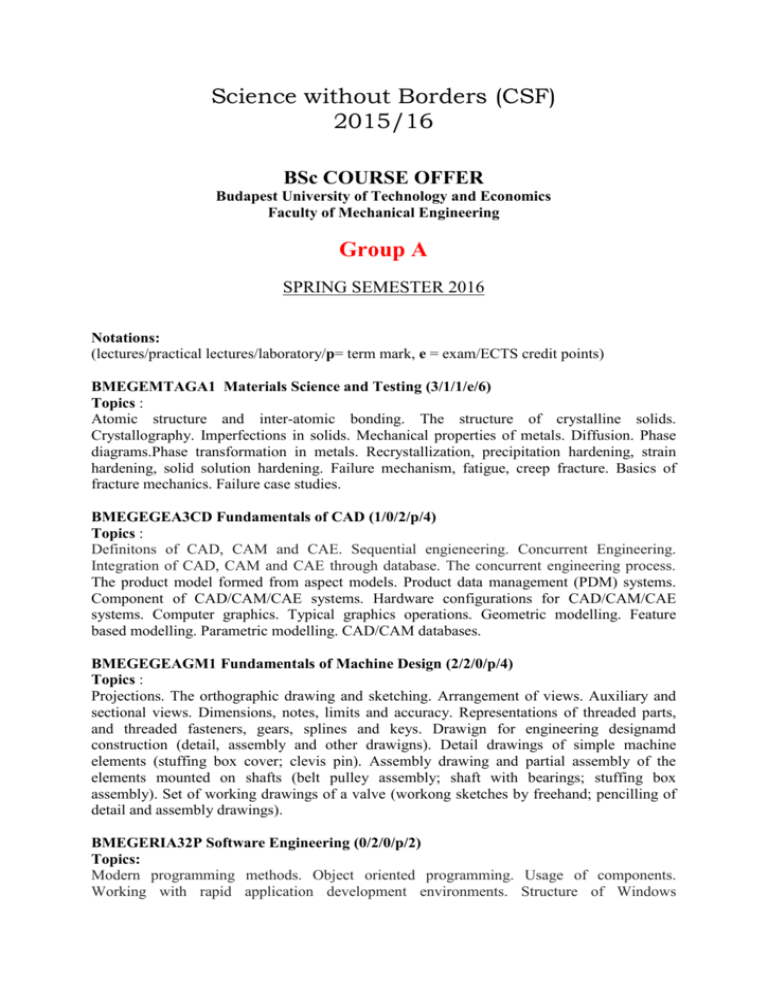
Science without Borders (CSF) 2015/16 BSc COURSE OFFER Budapest University of Technology and Economics Faculty of Mechanical Engineering Group A SPRING SEMESTER 2016 Notations: (lectures/practical lectures/laboratory/p= term mark, e = exam/ECTS credit points) BMEGEMTAGA1 Materials Science and Testing (3/1/1/e/6) Topics : Atomic structure and inter-atomic bonding. The structure of crystalline solids. Crystallography. Imperfections in solids. Mechanical properties of metals. Diffusion. Phase diagrams.Phase transformation in metals. Recrystallization, precipitation hardening, strain hardening, solid solution hardening. Failure mechanism, fatigue, creep fracture. Basics of fracture mechanics. Failure case studies. BMEGEGEA3CD Fundamentals of CAD (1/0/2/p/4) Topics : Definitons of CAD, CAM and CAE. Sequential engieneering. Concurrent Engineering. Integration of CAD, CAM and CAE through database. The concurrent engineering process. The product model formed from aspect models. Product data management (PDM) systems. Component of CAD/CAM/CAE systems. Hardware configurations for CAD/CAM/CAE systems. Computer graphics. Typical graphics operations. Geometric modelling. Feature based modelling. Parametric modelling. CAD/CAM databases. BMEGEGEAGM1 Fundamentals of Machine Design (2/2/0/p/4) Topics : Projections. The orthographic drawing and sketching. Arrangement of views. Auxiliary and sectional views. Dimensions, notes, limits and accuracy. Representations of threaded parts, and threaded fasteners, gears, splines and keys. Drawign for engineering designamd construction (detail, assembly and other drawigns). Detail drawings of simple machine elements (stuffing box cover; clevis pin). Assembly drawing and partial assembly of the elements mounted on shafts (belt pulley assembly; shaft with bearings; stuffing box assembly). Set of working drawings of a valve (workong sketches by freehand; pencilling of detail and assembly drawings). BMEGERIA32P Software Engineering (0/2/0/p/2) Topics: Modern programming methods. Object oriented programming. Usage of components. Working with rapid application development environments. Structure of Windows applications. Components of Windows programs, elements of supporting program languages, data types, conversions, structures, parameter passing. Event based multitasking strategies. Computer graphics. File management. Databases. BMEGEMMAGM2 Strength of Materials (2/2/0/e/5) Topics: Stress state and strain state in linear elastic bodies. Simple tension and compression. Simple Hooke's law. Area moments of inertia. Bending. Torsion. Combine loads: tension and bending, shear and bending. Bending of curved plane beams. Principal stresses and strains. Mohr's circles. Eigenvalues and eigenvectors of the stress tensor. Dimensioning for combined loads. Mohr- and von Mises-type equivalent stresses. Calculation of deflection and slope of beams. Work theorems of elasticity (Betti, Castigliano). Euler's theory of slender beams. Stacally indeterminate structures and frames. Thin pressure vessels, - theory of membranes. Optional BMEVIAUA007 Basics of Electrical Engineering (2/0/1/p/3) Topics: Flux and potential difference, Electromotive force and potential difference, Concept of lumped parameter, Stationary current and basic circuit principles, Electomagnetic field in material and magnetic circles, Modeling electromechanical systems, Basic electrical instruments and measurements. Applications.
